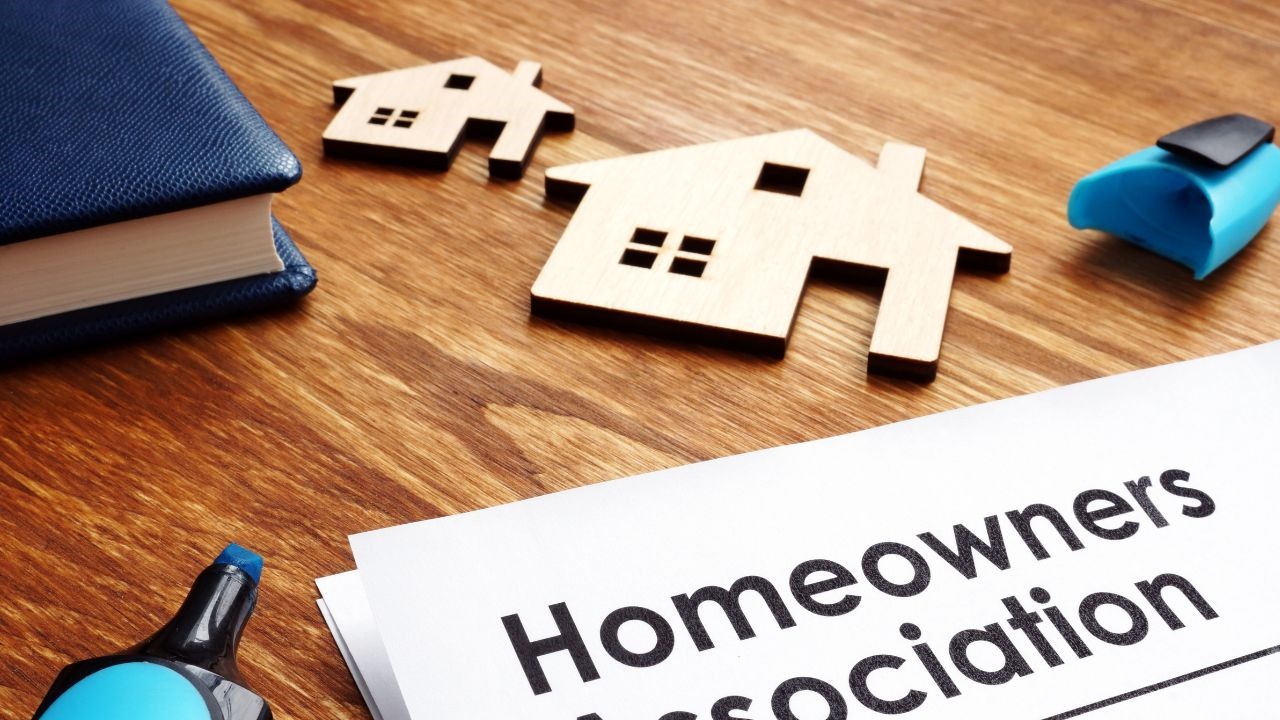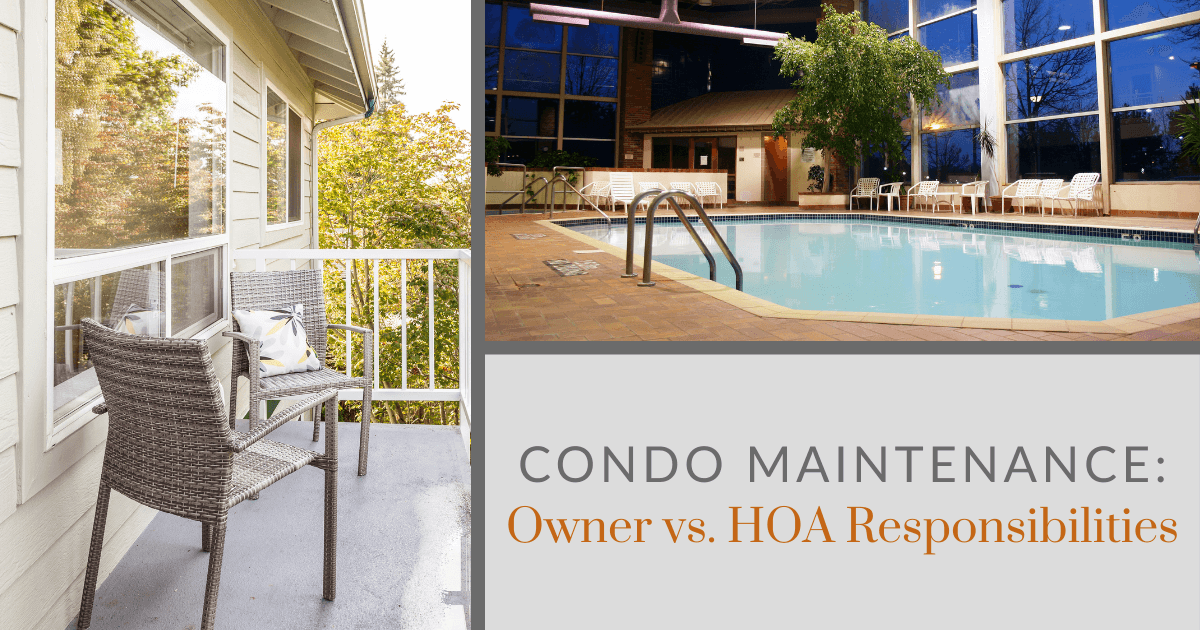Look into the Future of HOA Condo Advancement
Look into the Future of HOA Condo Advancement
Blog Article
The Function of an HOA in Developing and Enforcing Neighborhood Guidelines for Homeowners
The duty of a Homeowners Organization (HOA) in establishing and imposing neighborhood guidelines is fundamental to maintaining a orderly and cohesive domestic environment. By formulating clear regulations that govern aspects such as home upkeep and neighborhood conduct, the HOA not only sets standards for residents however additionally promotes a sense of belonging and responsibility.
Comprehending Property Owners Associations
Homeowners organizations (HOAs) function as regulating bodies for domestic communities, playing a critical role in maintaining property worths and promoting a sense of community. Generally formed by programmers, HOAs are made up of property owners within a designated location who elect a board to look after the organization's activities. The key functions of an HOA include applying community rules, taking care of typical areas, and arranging neighborhood occasions.
HOAs operate under a collection of regulating documents, consisting of constraints, conditions, and commitments (CC&R s), which describe the legal rights and responsibilities of home owners. These policies intend to guarantee that homes are maintained to a specific criterion, thereby shielding the aesthetic charm and overall value of the area. Additionally, HOAs commonly gather dues from house owners to money maintenance, landscaping, and various other community services.
The existence of an HOA can substantially affect the living experience within an area (hoa condo). While some locals appreciate the organized setting and facilities supplied, others might find specific laws limiting. Balancing the interests of all house owners is crucial for an HOA to function successfully, ensuring that it serves its designated purpose of improving neighborhood living while appreciating specific home owner rights
Developing Neighborhood Guidelines

To start, an HOA should carry out studies or hold conferences that allow locals to articulate their ideas and worries. This participatory procedure fosters a sense of ownership and enhances compliance. Next, the HOA board need to examine the responses to recognize usual motifs and priorities that warrant formal incorporation in the guidelines.
It is also crucial to make sure that the standards are clear, succinct, and quickly comprehended. Ambiguities can lead to misconceptions and disputes, weakening the function of the guidelines. The guidelines ought to be detailed, covering numerous elements of neighborhood living, including property upkeep, sound levels, and use of usual areas.
Enforcement of Policies
Reliable enforcement of neighborhood guidelines is essential for maintaining order and making certain that all citizens comply with the developed standards. An HOA needs to apply a structured approach to apply these guidelines, which frequently entails a mix of tracking, communication, and fines for non-compliance.
First, routine inspections and neighborhood patrols can help recognize infractions, making certain that guidelines are consistently applied throughout the community. This aggressive tracking permits the HOA to attend to concerns before they intensify, cultivating a sense of liability among homeowners.
Second, clear interaction is essential. Citizens need to be notified of the regulations and the procedures for reporting offenses. An open line of communication motivates homeowners to voice concerns and seek information on guidelines, which can enhance conformity.

Last but not least, when offenses occur, the HOA needs to implement effects as outlined in the governing files. This may include alerting letters, penalties, or, in serious instances, legal activity. It is essential that fines are used rather and consistently to maintain trust within the community. By successfully implementing policies, an more HOA can grow an unified living setting that mirrors the collective worths of its citizens.
Benefits of HOA Rules
Countless advantages occur from the implementation of HOA regulations, which offer to boost the lifestyle within a community. One primary benefit is the maintenance of residential property values. By applying criteria for appearances and maintenance, HOAs guarantee that homes and common locations stay attractive, cultivating a desirable living atmosphere that can result in raised building values over time.
In addition, HOA policies advertise consistency and uniformity within the community. This comprehensibility in design and upkeep helps to develop a sense of belonging amongst residents, adding to neighborhood satisfaction and a favorable atmosphere. Furthermore, developed standards help with problem resolution amongst next-door neighbors by providing clear assumptions and protocols for habits, therefore reducing disagreements.
An additional significant advantage is the stipulation of common facilities and services. Lots of HOAs take care of community centers such as clubs, parks, and swimming pools, which enhance recreational possibilities for homeowners. These amenities not only enhance the lifestyle however additionally urge social communication.
Inevitably, the regulations set forth by an HOA cultivate a well-organized, harmonious community, making sure that residents enjoy a high standard of living while fostering a supportive environment for all property owners.
Common Challenges Faced by HOAs
In the middle of the benefits that homeowners associations (HOAs) can give, they likewise experience a range go to this website of obstacles that can impede their efficiency. One considerable problem is the lack of resident engagement. Several home owners might not join meetings or community activities, bring about a detach between the HOA board and locals. This disengagement can result in misconceptions regarding community standards and an absence of support for enforcement initiatives.
Disagreements can occur when homeowners feel that enforcement is irregular or biased, potentially leading to problems within the community. Furthermore, HOAs usually face monetary restraints, which can restrict their ability to maintain typical locations or fund area projects.
In addition, browsing legal intricacies can be intimidating for HOAs. Advancing and altering demographics community needs call for HOAs to adapt their standards, usually satisfying resistance from long-standing homeowners that are accustomed to conventional standards.
Final Thought

By formulating clear regulations that govern facets such as home maintenance and neighborhood conduct, the HOA not just sets requirements for locals yet likewise cultivates a sense of belonging and responsibility.Homeowners organizations (HOAs) serve as regulating bodies for household communities, playing a critical role in keeping residential or commercial property worths and cultivating a sense of neighborhood. Lots of homeowners may not take part in conferences or area tasks, leading to a disconnect between the HOA board and citizens. Transforming demographics and evolving neighborhood needs call for HOAs to adjust their standards, typically meeting resistance from enduring citizens that are accustomed to standard norms. With the advancement of clear guidelines and regular enforcement, HOAs advertise building upkeep, community pride, and trust among residents.
Report this page